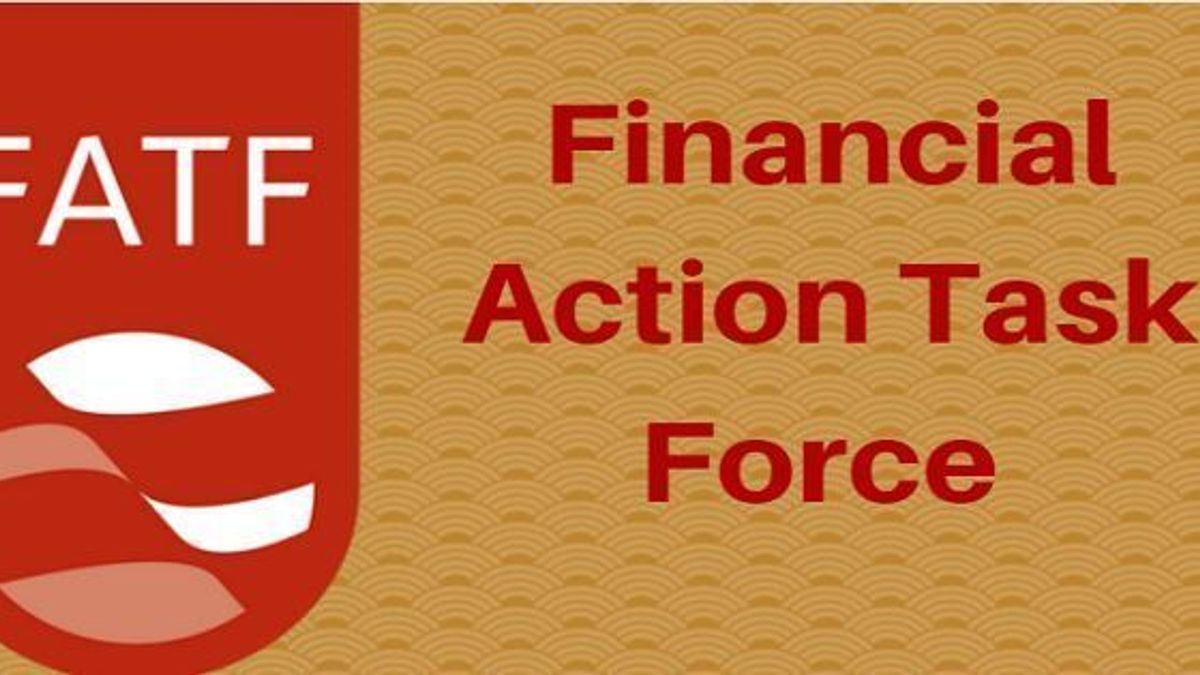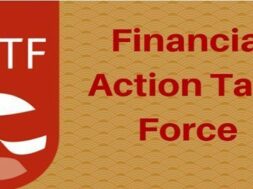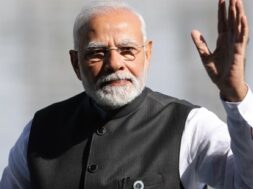
Pakistan Out of FATF “Grey List”
Manas Dasgupta
NEW DELHI, Oct 21: In a major relief to Pakistan four years after the global monetary watchdog put it in the “grey list” for financing terrorism and money laundering, the country’s name was finally been struck off it on Friday.
The watchdog, Financial Action Task Force (FATF), said Pakistan had made “significant progress in improving anti-money laundering, combating financial terrorism, strengthened its anti-money laundering setup and worked on combating terror financing, besides addressing technical deficiencies.” Being on the grey list meant Pakistan found it tough to get aid from the International Monetary Fund (IMF), World Bank, Asian Development Bank (ADB) and the European Union. That exacerbated its inflation and infrastructure-related problems, as these bodies ran extra checks before giving any money to Islamabad.
In addition to Pakistan, the FATF also took Nicaragua off the “grey list” and rebuked Russia for its invasion of Ukraine and sidelined it as a FATF member. Condemning Russia’s invasion of Ukraine, FATF said additional restrictions would be imposed on the country. Russia has also been barred from current and future projects of FATF.
For the first time, the FATF put Myanmar in the “high-risk jurisdictions subject to a call for action”, often referred to as the watchdog’s black list.
India, one of 39 members of the FATF that includes the UK and US, says Pakistan continues to harbour terrorists and funds their organisations despite the matter being raised on international platforms, such as the UN. The decision to remove Pakistan from the list came during the FATF’s meeting in Paris that began on October 18 and ended on Friday. The new president T Raja Kumar of Singapore made the announcement. “Pakistan had addressed technical deficiencies to meet the commitments of its action plans regarding strategic deficiencies that the FATF identified in June 2018 and June 2021,” Mr. Kumar said in a summary speech.
“Pakistan has strengthened the effectiveness of its AML/CFT (anti-money laundering and counter-terrorist financing) regime and addressed technical deficiencies to meet the commitments of its action plans regarding strategic deficiencies that the FATF identified in June 2018 and June 2021, the latter of which was completed in advance of the deadlines, encompassing 34 action items in total.”
“Pakistan is therefore no longer subject to the FATF’s increased monitoring process. Pakistan will continue to work with APG to further improve its AML/CFT system,” the watchdog said in a statement.
Soon after, Pakistan Prime Minister Shehbaz Sharif thanked his foreign minister Bilawal Bhutto and army chief Qamar Javed Bajwa for their efforts to get the country out of FATF’s list. He said the development is a vindication of the determined and sustained efforts over the years.
I would particularly commend the role & efforts of Foreign Minister Bilawal Bhutto, Army Chief General Qamar Javed Bajwa and their teams & all political parties for putting up a united front to get Pakistan out of the grey list.”
Pakistan was included in the grey list in June 2018 for failing to do enough to counter terror financing and money laundering. It had been widely expected in Pakistan to exit the list as the FATF’s last plenary meeting in June had concluded that the country “largely addressed” all 34 action items in two action plans given by the multilateral watchdog.
The two-day plenary meeting being held in Paris is the first under the presidency of Singapore’s T Raja Kumar, who succeeded Germany’s Marcus Pleyer in June. The meeting reviewed cases of countries under increased monitoring or the grey list, including Pakistan.
Delegates representing 206 members of the FATF’s global network and observer organisations, including the International Monetary Fund, United Nations, World Bank, Interpol and the Egmont Group of Financial Intelligence Units, participated at the working group and plenary meetings in Paris.
Pakistan was initially given a 27-point action plan by FATF in 2018 to curb terror financing, and another seven-point action plan last year to tackle money laundering. A 15-member delegation from FATF and its regional affiliate, the Asia Pacific Group (APG), visited Pakistan from August 29 to September 2 to make an on-the-ground assessment of its efforts to stop terror financing and to prosecute those involved in such activities, including members of UN-designated terror groups such as Lashkar-e-Taiba (LeT) and Jaish-e-Mohammed (JeM). The report prepared by this delegation was presented at the plenary meeting.













